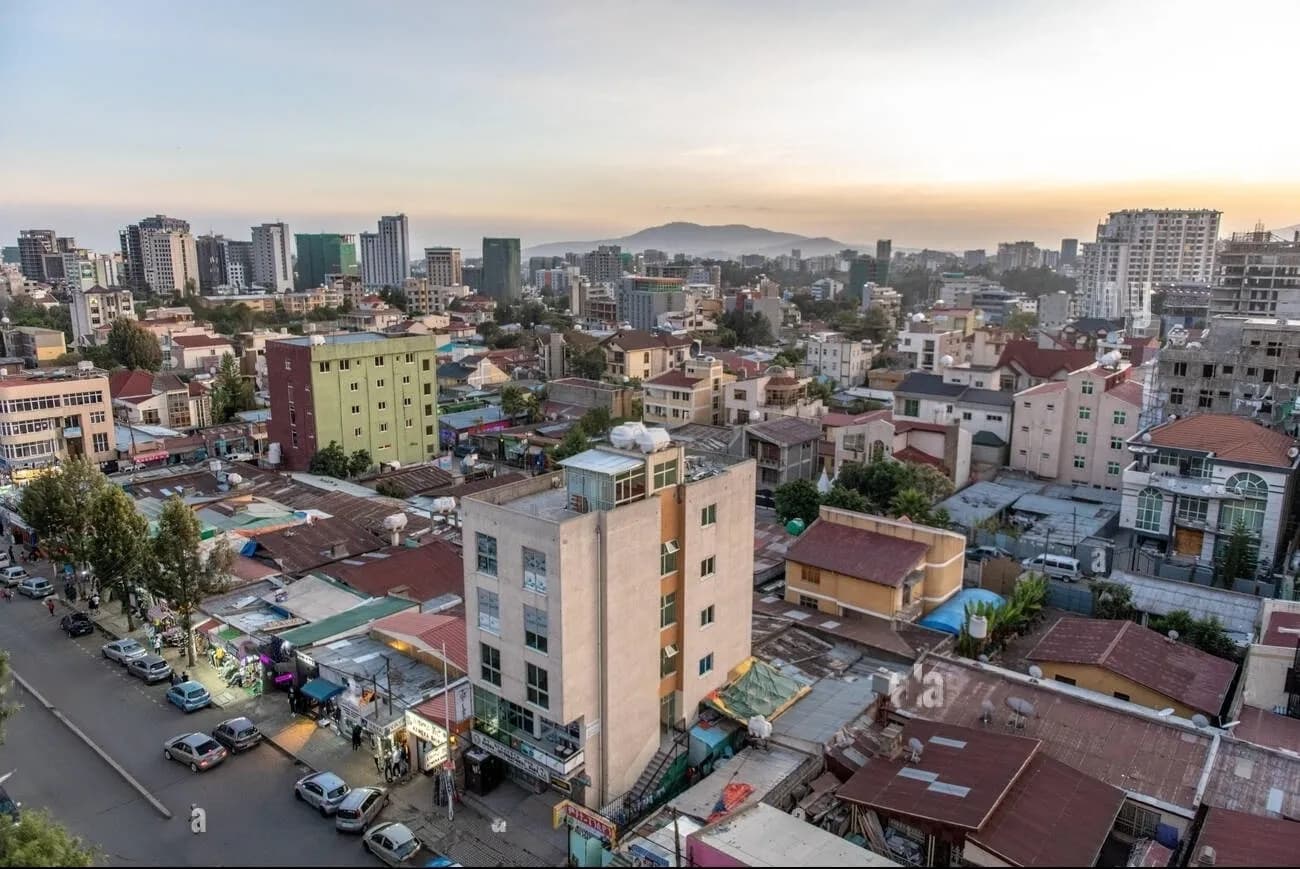Progress for 0 ad
Progress for 1 ad
Progress for 2 ad
Progress for 3 ad


Munir Shemsu
Addis Ababa, Ethiopia

Nearly a week after Ethiopia’s property valuation bill was ratified, parliamentarians spent Wednesday afternoon discussing the country’s first property tax proclamation, which is currently in the draft stage.
The bill sets foundational provisions for the levying of property taxes in urban areas with details left to be ironed out by regional states and city administrations based on their economic context.
Wasihun Abate, Senior Tax Policy Advisor at the Finance Ministry, explained that the tax would be calculated based on the market value added to a property as a result of the government-led urban area development.
While previous iterations of the bill suggested that the amount of taxable value would not exceed a quarter of a property’s value, the Advisor indicated that it would be adjustable according to deliberations between the ministries of finance and urban & infrastructure.
“It may vary according to economic circumstances,” Wasihun told the House.
Under the draft bill, buildings, homes, leased land, and property improvements would face a levy of 0.1% to 1%, calculated on 25% of the property's valuation. The highest rates will be placed on property owners who have failed to develop their land despite an extended period with rights to it.
Low-income households as defined by respective regional states, properties of international organizations, land rights by religious institutions, and retired citizens who are cash-poor are exempted from the tax. However, retirees will be obliged to pay half a decade of retrogressive taxes if they sell or bequeath the property.
The session organized by Parliament’s Standing Committee for Planning, Budget & Finance quickly drew strong opinions from multiple concerned stakeholders.
Daniel Waktole (PhD), President of the Ethiopian Pharmaceuticals and Medical Supplies Manufacturers Association (EPMSMA), recommended adjusting the rates in a manner that incentivizes manufacturing industries. He recalled that only about 10 pharmaceutical factories exist in a country of 120 million people as the sector remains capital- and labor-intensive.
“Exemption to pharmaceutical companies should be given consideration,” Daniel said.
Real estate developers also chimed in with their concerns over the application of the proposed bill.
Solomon Ali, a representative from Gift Real Estate, questioned the feasibility of taxing property underdevelopment only to levy another when it is completed.
“Is this not an instance of double taxation,” he questioned.
Solomon also pointed to the concurrence of several levies on property, which could entail a marked price hike as the effect is rolled out to the final consumer.
Associations representing people with disabilities called for exemptions, citing international practices fostering inclusive growth.
Bekelech Tiruye (PhD), who represented an association of women with disabilities, raised concern over the vagueness of the exemption to low-income individuals indicated in the draft bill. She referred to the prevailing economic hardship plaguing millions of disabled Ethiopians in the country and the sense of levying a new tax on them.
“People are already struggling to survive a single day,” Bekelech emphasized.
Major players in Ethiopia’s manufacturing and export sectors also echoed the calls to revise the proposed draft bill.
Tegenwork Chebude, a representative from Abbahawa Trading, which produces the famous One bottled water, suggested uniformity of levies between regional states. He further inquired how the added value to a property would be calculated.
“Which institution exactly measures the amount of value-added,” Tegenwork questioned.
However, targets of fiscal consolidation by the Ethiopian government are intimately tied to elevated targets of tax revenue for the year. Meeting the 1.5 trillion-birr domestic revenue target for the year entails a significant broadening of the tax base.
Eyob Tekalegn (PhD), State Minister for Finance, emphasized the need to fuel the accelerated development of cities through increased domestic revenue. He explained that the property tax serves to modernize overall revenue mobilization in the country.
“Increasing the financial capacity of local administrations is critical,” Eyob said.
The state minister also assured the pharmaceutical manufacturers that other forms of support, such as zero tariffs, land allocations, and preferred access to public contracts, would help accelerate growth.
👏
😂
❤️
😲
😠

Munir Shemsu
Munir S. Mohammed is a journalist, writer, and researcher based in Ethiopia. He has a background in Economics and his interest's span technology, education, finance, and capital markets. Munir is currently the Editor-in-Chief at Shega Media and a contributor to the Shega Insights team.
Your Email Address Will Not Be Published. Required Fields Are Marked *